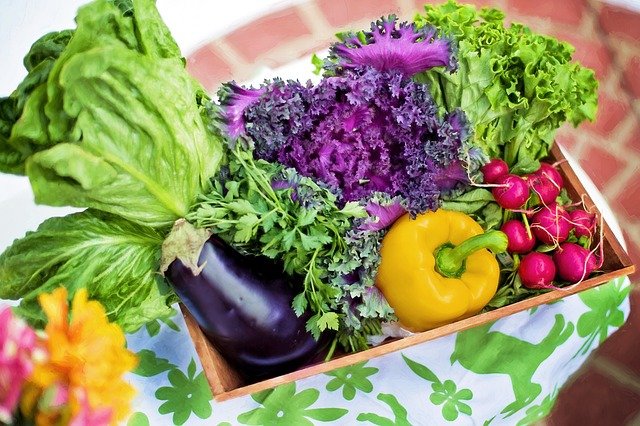Garden The Organic Way With These Great Tips!
A collection of tips on how to begin organic gardening makes the perfect starting point for a beginner to emerge and hopefully, begin growing their own organic produce much easier. Below is just such a collection that will hopefully assist the eager novice into eventually, becoming a pro, when it comes to organic gardening. If you want to grow vegetables, but do not have the room, consider planting vegetables that grow on a vine. You can make use of vertical space to get the vegetable garden that you want. Here we share Garden The Organic Way With These Great Tips!
Great Tips:
- Make your own compost. If you create your own compost at home, you can be absolutely certain of what goes into it, unlike if you purchase bags of compost from a gardening store. In addition, composting in your yard will attract helpful native wildlife such as insects that will balance the ecosystem of your garden.
- When watering plants use recycled water, but avoid re-using water from sources such as baths, washing machines, or dishwashing. These water sources may contain harmful chemicals that can be absorbed into your vegetables such as nitrates and phosphates. This water may even contain pathogens that could harm you or your plants.
- Protect your seeds from fungus with natural products. You can use milled sphagnum moss to protect all your plants. If your seeds need light to grow, sprinkle the moss first and then place your seeds. This solution is much better than any chemicals you can find in a store and will protect your seeds efficiently.
- Use plants that work together. Some plants take nutrients away from the soil while others fixate those same-lost nutrients. Traditionally, vegetables are planted with a crop rotation because of the ability of certain crops to replenish the natural nitrogen in the ground. However, you may be able to take advantage of this knowledge by pairing up “companion plants”.
- Regulate how often you revitalize your soil based on your planting season. During a very long season, it might require you to fertilize the ground more than once. It’s important to give your plants the proper nutrients to grow, and remember that as plants grow the nutrients within the soil slowly diminish. Having the correct amount at the correct time will promote your harvest to grow to its maximum size.
How to do :
- Location is very important to organic gardening. Your garden should be in an area that will get at least ten hours of sunlight during the summer. Prior to starting your garden, make sure that your location does not have any large obstructions that will cast shadows and block the sun. Plants need an adequate amount of sunlight to live.
- If your yard’s soil isn’t as healthy as you want, or has been contaminated in some way, you can still grow organic produce using raised beds. You can use wood, brick or stone for the border. Make sure that it is at least 16 inches high so that there is room for the roots. Fill it with organic soil and compost.
- A great tip when running your own organic garden is to make sure you immediately fertilize your seedlings when they receive their first true leaves, which will appear as soon as the cotyledon disappears. If your seedlings are not immediately fertilized, they will die unless you are using a mix with no soil that also does not have compost.
- If you have a problem with aphids, consider using ladybugs. Ladybugs are natural predators to aphids, and they are very effective in keeping the aphid population under control. You can buy them in bulk from a garden center or online. This is a much better solution than spraying your plants with pesticides.
- Adding a lot of mulch to your garden is a great tip to implement in order to keep your garden healthy. Mulch can protect the ground it sits upon. It can also keep the ground from overheating during hot weather, which will protect the roots of your plants from damage. This helps soil keep its moisture by reducing the rate of evaporation. This also helps all the weeds you have stay under control, relieving stress from your shoulders.
Final Words:
Hopefully, this collection of tips were enough to give you a great start on what to do and expect when it comes to growing your own organic plants. This collection was carefully construct to be an aid in your arsenal, so that you can begin to hone your organic gardening skills into growing healthy organic produce.
